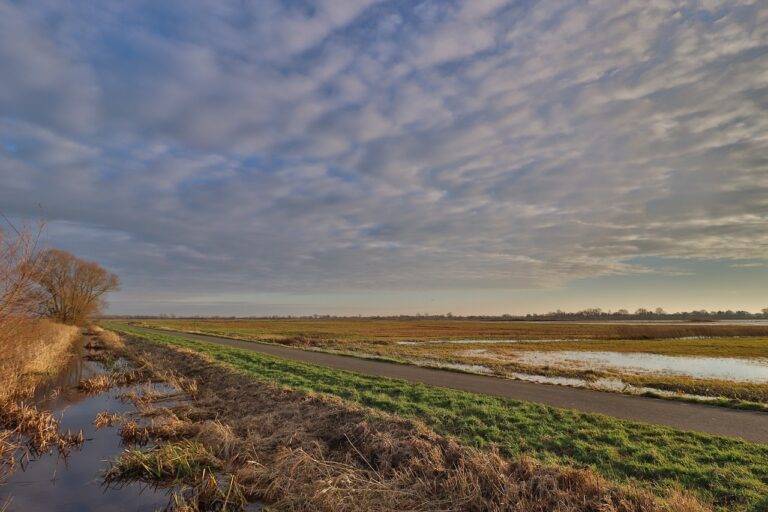The Evolution of the Travel Industry: From Past to Present
In the past, the travel industry operated on a much smaller scale compared to the massive global network we see today. Travel was typically reserved for the elite, with long and arduous journeys often required by land or sea. The concept of leisure travel was virtually non-existent, with voyages undertaken primarily for diplomatic, trade, or religious purposes. Despite the limited accessibility and high costs associated with travel, it played a crucial role in connecting different regions and cultures, laying the foundation for future developments in the industry.
As modes of transportation evolved over time, particularly with the advent of railways and steamships in the 19th century, travel became more accessible to a broader segment of society. This gave rise to the emergence of tourism as a commercial industry, with travel agencies and tour operators catering to the growing demand for leisure travel. The introduction of package tours and accommodations further transformed the landscape of travel, making it more convenient and affordable for individuals to explore new destinations and immerse themselves in different cultures.
Emergence of Tourism as a Commercial Industry
Tourism, once a leisure pursuit for the wealthy elite, has seen a significant transformation over the years. What was once considered a privilege reserved for the affluent has now become a thriving commercial industry accessible to people from all walks of life. The evolution of transport, technology, and globalization has played a pivotal role in shaping this shift towards mass tourism.
As advancements in transportation made travel more convenient and affordable, the tourism industry began to cater to a broader market. The rise of budget airlines, extensive railway networks, and online booking platforms made it easier for individuals to explore new destinations without breaking the bank. This accessibility, coupled with a growing desire for experiential travel, has propelled tourism into a lucrative commercial sector that shows no signs of slowing down.
How has the travel industry evolved in the past?
The travel industry has evolved from being a luxury reserved for the wealthy to a mainstream activity accessible to people from all backgrounds.
What factors have contributed to the emergence of tourism as a commercial industry?
Factors such as advancements in transportation, technology, and globalization have played a key role in the growth of tourism as a commercial industry.
How has the internet impacted the tourism industry?
The internet has revolutionized the way people research, book, and experience travel, making it easier for individuals to plan and customize their trips.
What are some key challenges faced by the tourism industry today?
Some challenges faced by the tourism industry include overtourism in popular destinations, sustainability concerns, and the impact of natural disasters or political instability on travel.
How does the tourism industry contribute to the economy?
The tourism industry creates jobs, stimulates local economies, and generates revenue through activities such as accommodation, transportation, dining, and entertainment.





